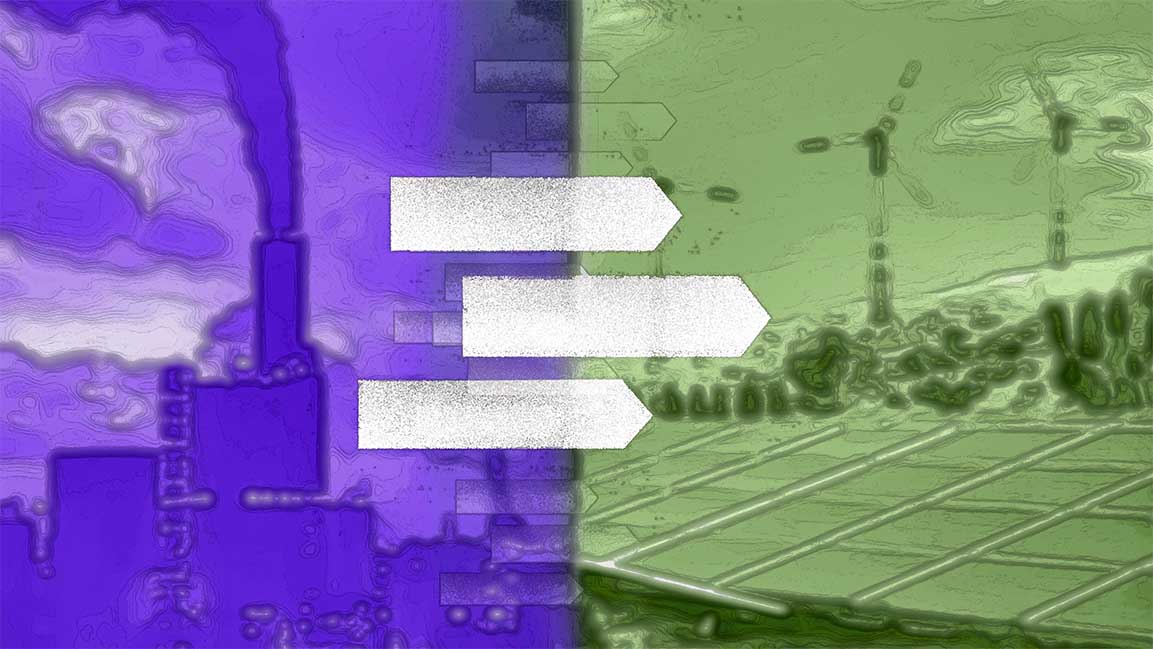- | 12:00 pm
WEF president emphasizes Middle East’s significant role in energy transition
The WEF urged world leaders to lay the groundwork for a more sustainable and resilient society by 2030.

As the global energy mix continues to shift toward more renewable sources, the Middle East, currently the world’s energy hub, will play an even more prominent role.
Emphasizing the same, WEF President Borge Brende said in a press briefing that the Middle East and North Africa’s significant role in the energy transition is reflected in the region’s record attendance at the upcoming World Economic Forum annual meeting in Davos.
“We have six heads of states and governments and very strong delegations. The Middle East is also important when it comes to investments, with sovereign wealth funds that are investing all over the world,” he said.
As numerous problems intensify and the geopolitical scene becomes more fragmented, the WEF annual conference will be held from January 16 to 20 in Davos-Klosters, Switzerland.
The WEF urged world leaders to meet people’s immediate, urgent needs while laying the groundwork for a more sustainable and resilient society by 2030.
In a statement, the WEF unveiled the full agenda for its 53rd annual meeting, emphasizing that it aims to encourage global leaders to work together on the interconnected issues of energy, climate, and nature; investment, trade, and infrastructure; frontier technologies, and industry resilience; jobs, skills, social mobility, and health; and geopolitical cooperation in a multipolar world.
“We see the manifold political, economic, and social forces creating increased fragmentation on a global and national level. To address the root causes of this erosion of trust, we need to reinforce cooperation between the government and business sectors, creating the conditions for a strong and durable recovery,” said Klaus Schwab, WEF founder, and executive chairman.
“At the same time, there must be the recognition that economic development needs to be made more resilient, more sustainable and nobody should be left behind.”
According to the statement, in all sessions, a particular focus will be made on geographic and gender diversity.
This year’s meeting will feature participation from over 2,700 leaders, with significant representation from all major global areas.
































